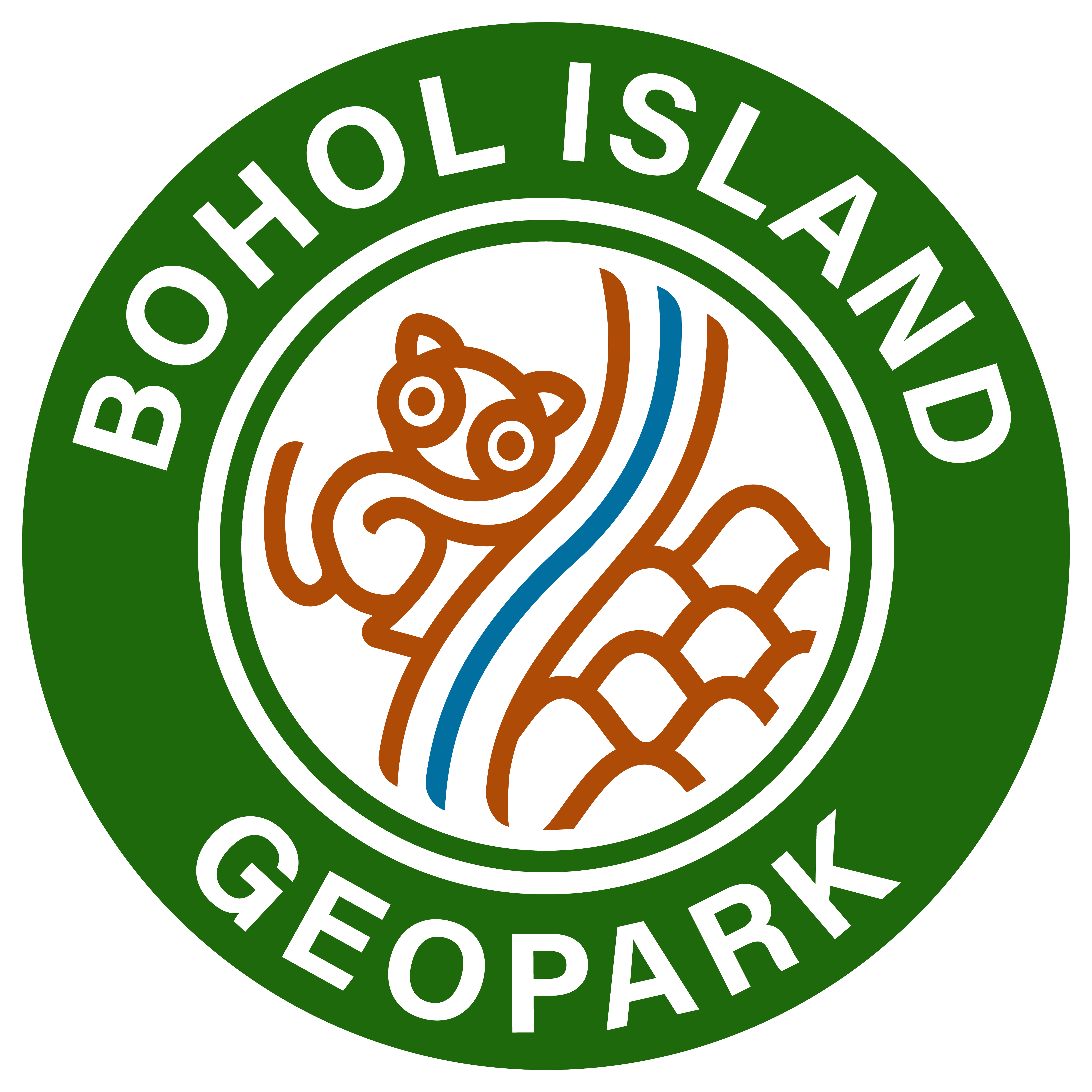The Provincial Government of Bohol (PGBh) held its Regenerative Convergence Workshop on September 1 at the PPDO Conference Hall at the Capitol.
The concept of ecosystem restoration guides the project’s planning workshop through appropriate Nature-based Solutions (NbS) to address various concerns in water, environmental, and agricultural sustainability, with four (4) phases: data stock-taking, SWAT modelling parameters, pilot site identification, and outlining watershed management.
This activity, facilitated by Marianne Amores Dutta of The Regenesis Project, was attended by municipal representatives, national government agencies, and provincial offices. The goal of the regenerative initiative is to re-align the province’s priorities to be more environmentally conscious and aims to acquaint stakeholders with the significance of regenerative development and its efforts to revitalize its natural resources through restorative and environmentally conscious practices in agriculture, tourism, education, and policy-making.
The Bohol Regenerative Island aims for Bohol to be a sustainably developed province that creates a positive impact on its natural resources, especially in finding ways to help create solutions to mitigating the ecological issues brought upon by the impending climate crisis.
It can be noted that this 10-year multi-sectoral project was launched on July 22 this year, through an Executive Order (EO) signed by Governor Aris Aumentado, with Bohol’s aspiration to become the first regenerative island, which aligns seamlessly with its recent designation as the First UNESCO-designated Global Geopark in the Philippines.
That EO contains a mandate to create a Regenerative Island Committee under the Office of the Governor, tasked with creating a 10-year comprehensive framework plan and roadmap that align with regenerative development. This EO is in line with PGBh’s Strategic Change Agenda on Environmental Sustainability: develop a resilient and green Bohol through implementing sound environmental programs.
